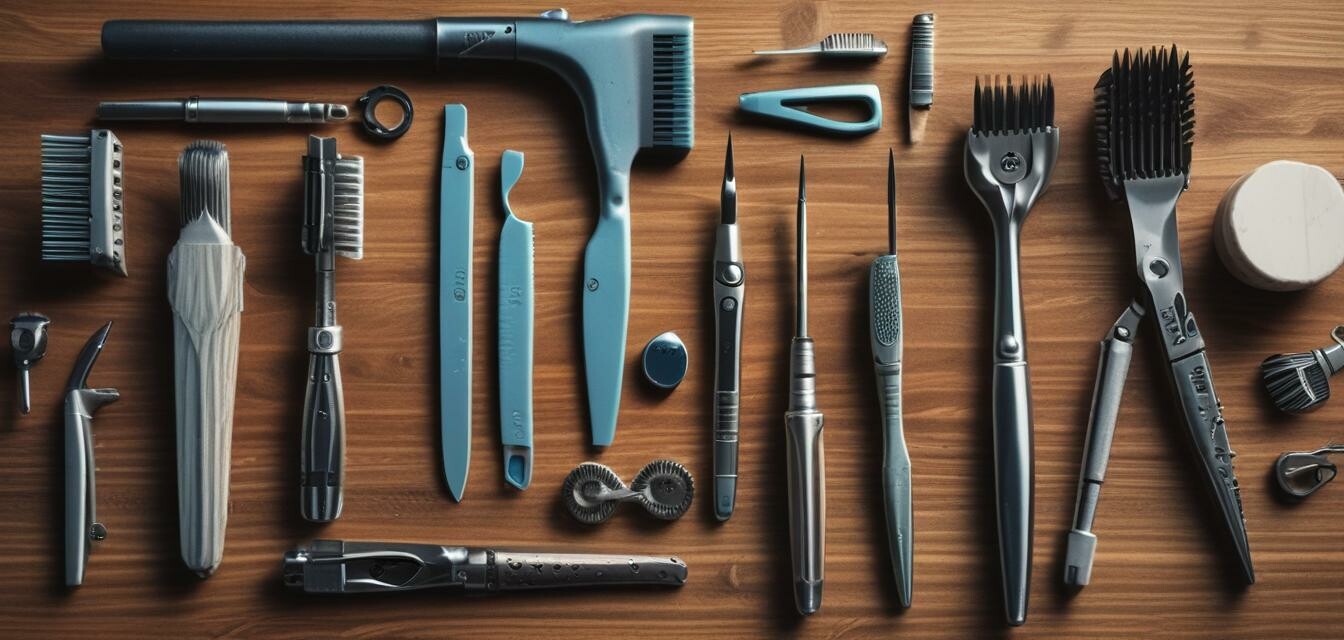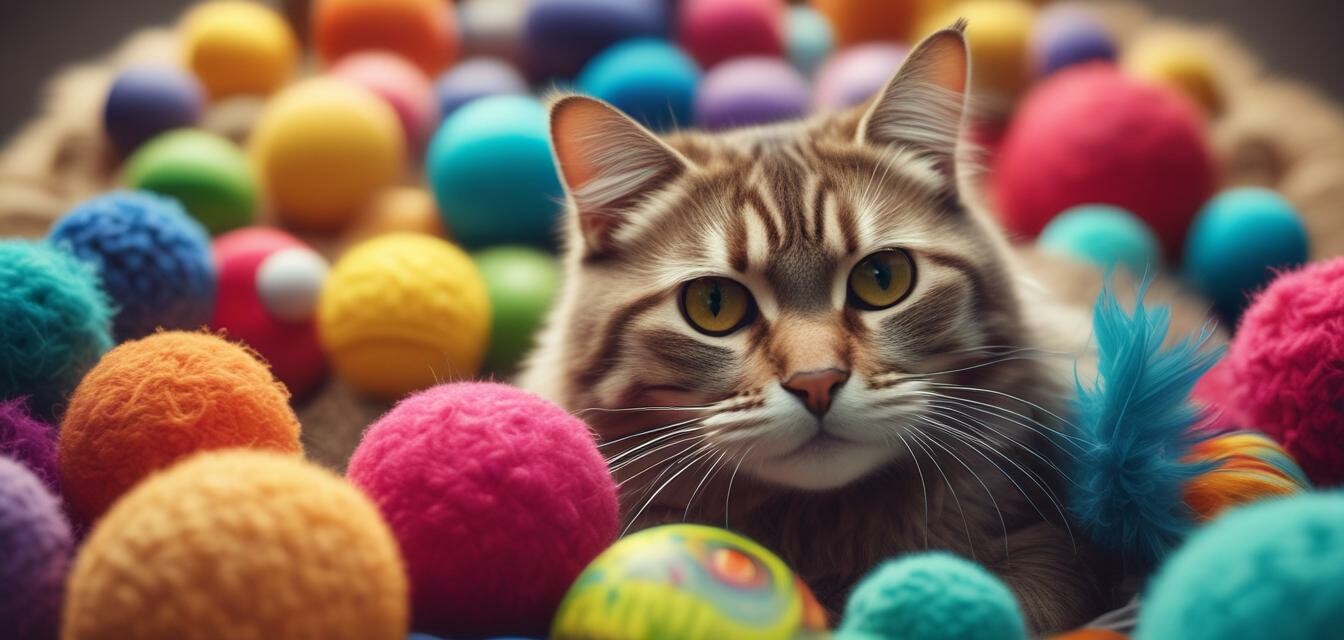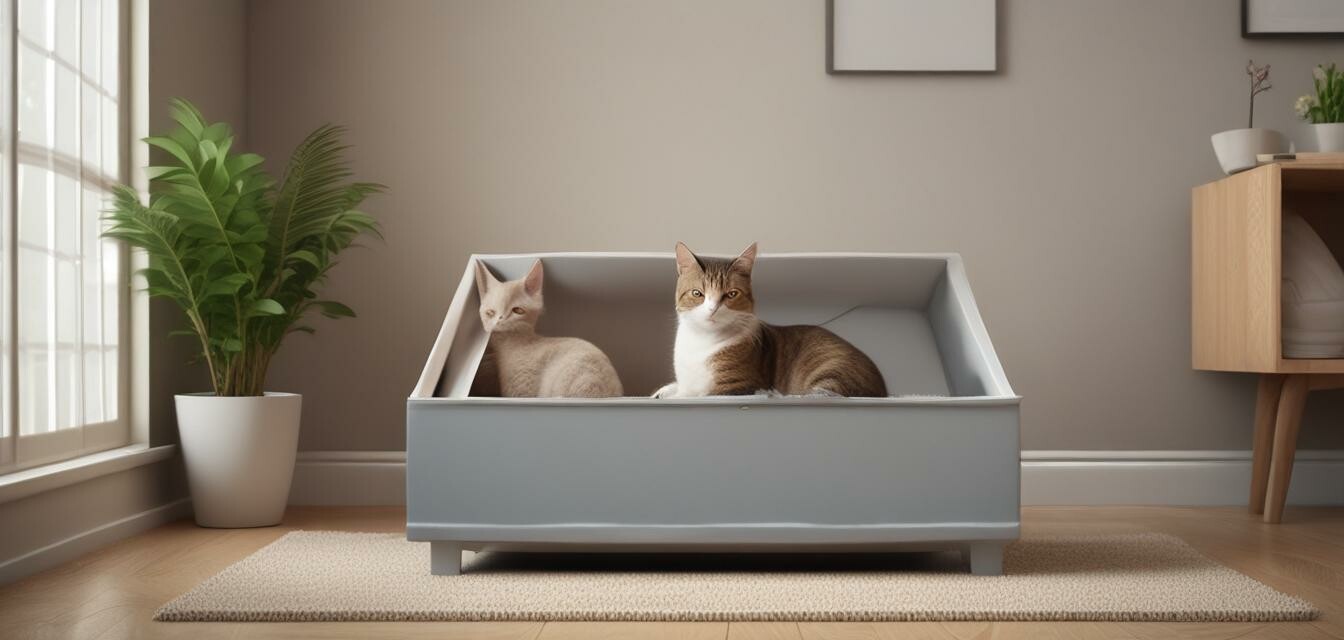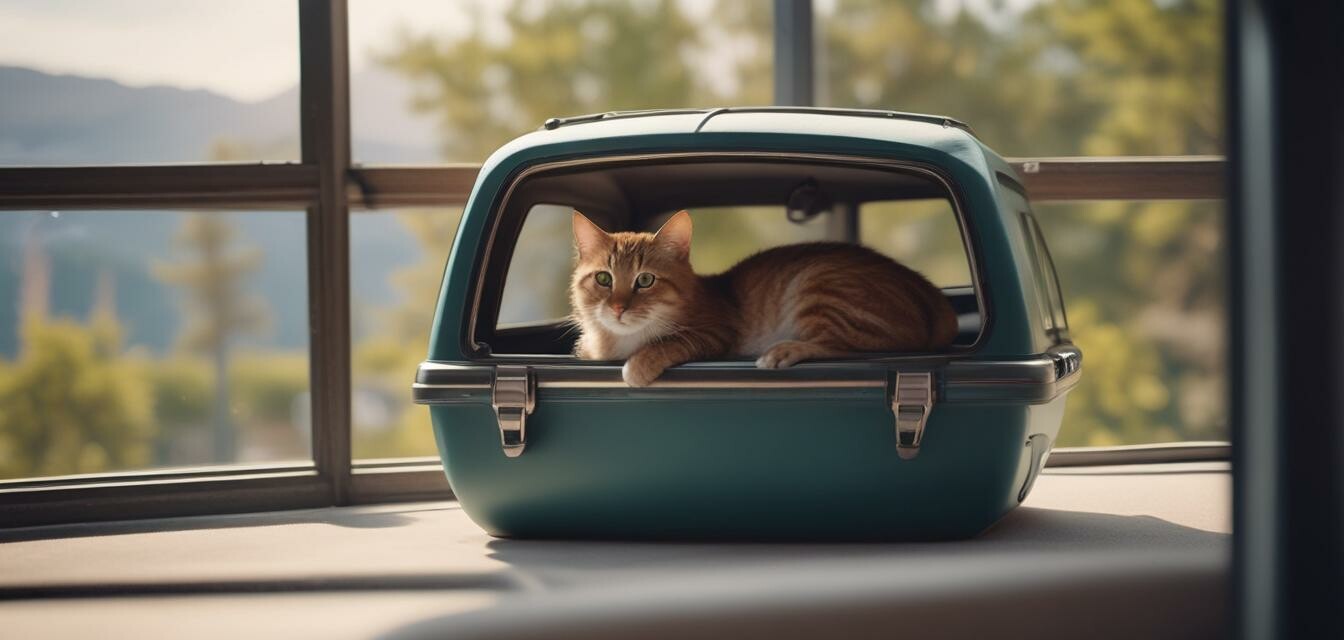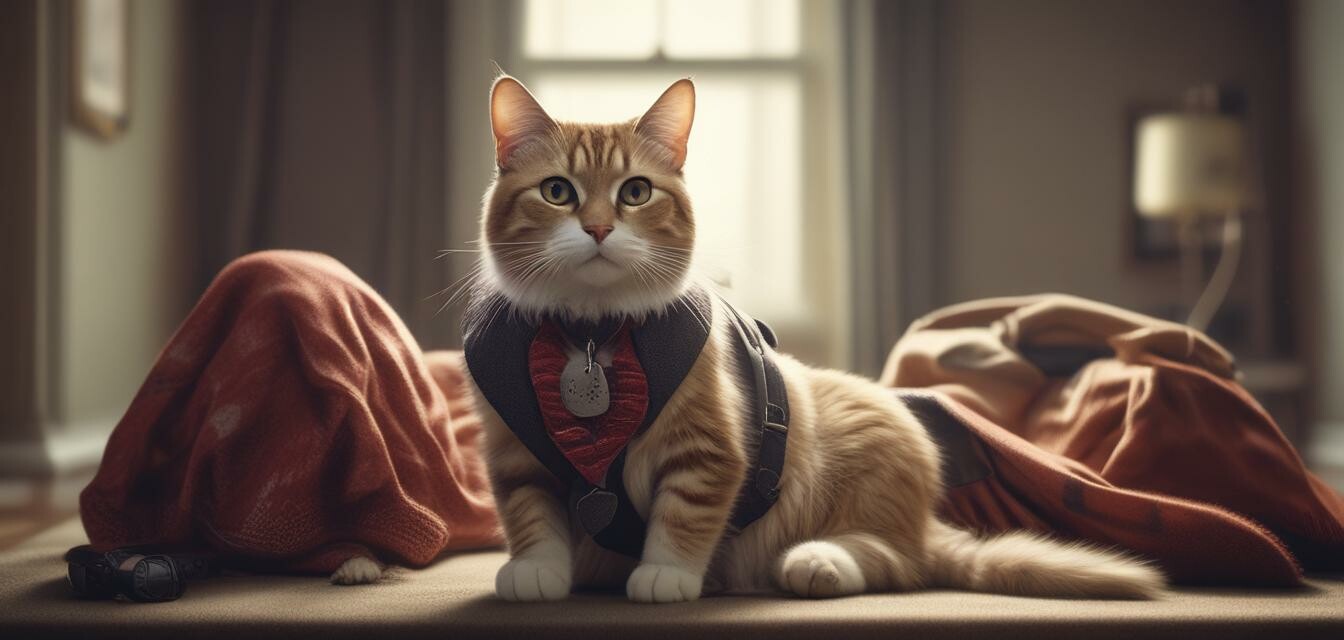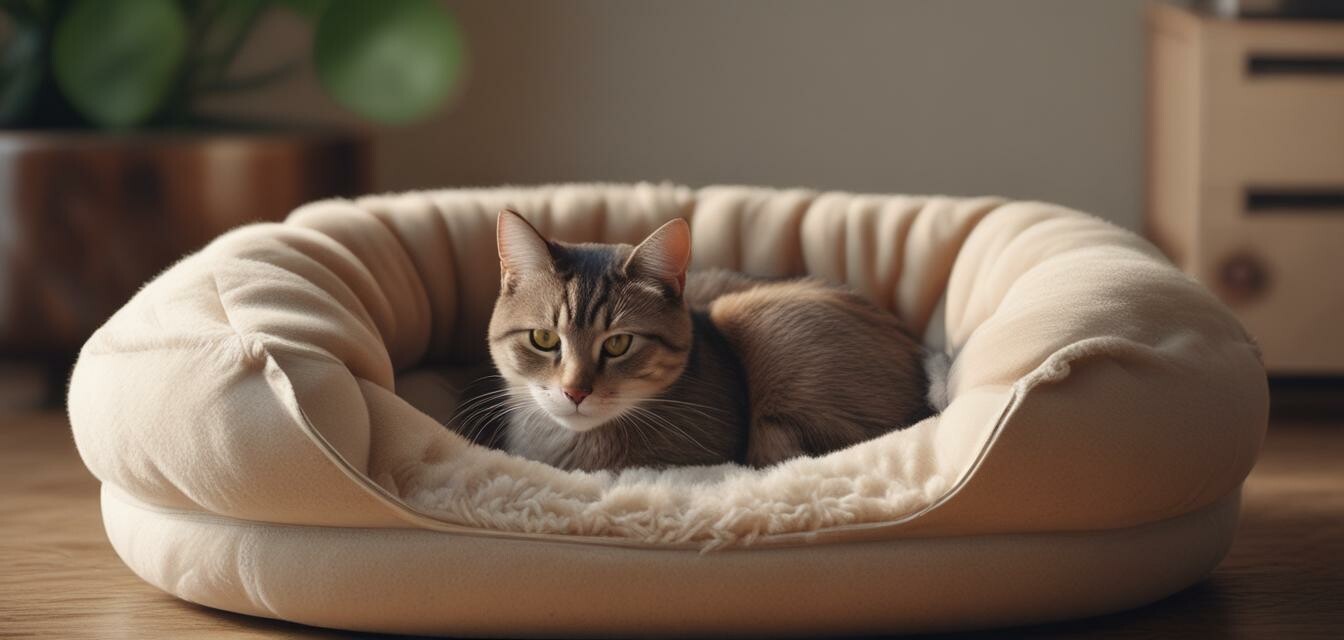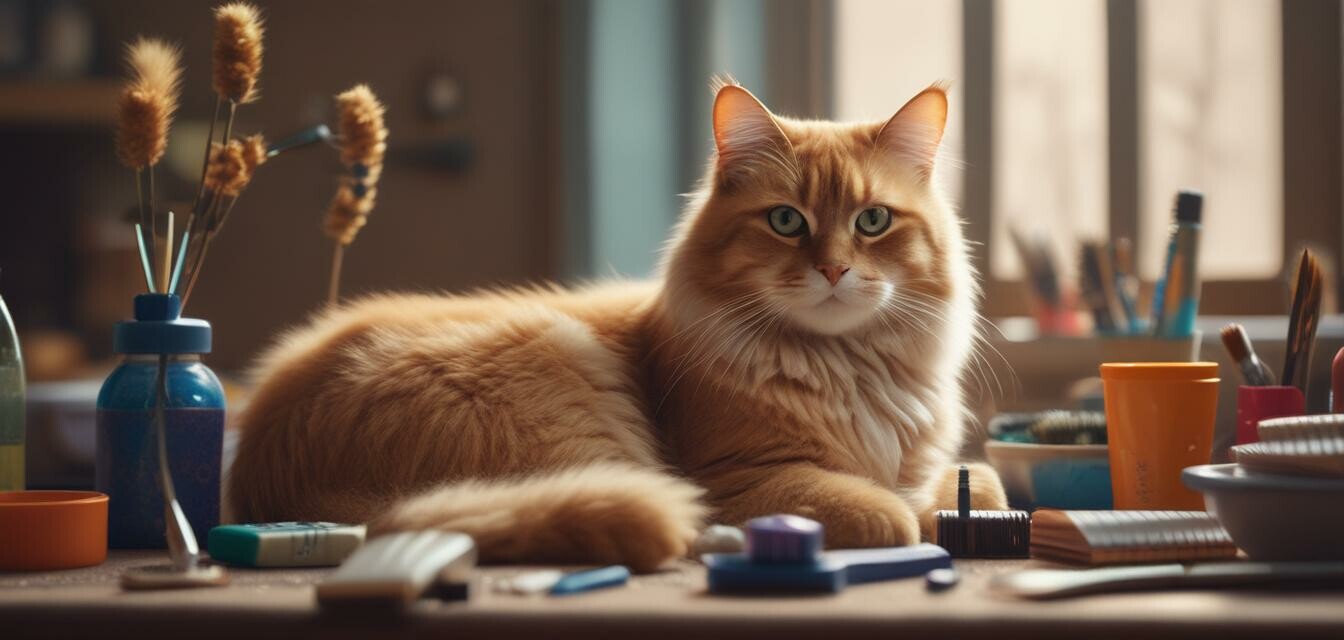
Cat grooming & cleaning
Key Takeaways
- Regular grooming keeps your cat's coat healthy and reduces shedding.
- Proper cleaning supplies are essential for maintaining a hygienic environment.
- Understanding your cat's grooming needs can enhance their overall well-being.
- Investing in quality grooming tools can make the process easier and more effective.
Grooming and cleaning are essential aspects of cat care that contribute significantly to your feline friend’s health and happiness. Just like humans, cats need regular grooming to keep their coats looking great and to maintain their hygiene. In this article, we will explore various grooming tools and cleaning supplies that can help you keep your cat looking their best.
Why grooming is important
Grooming is not just about aesthetics; it plays a vital role in your cat's health. Here are some key reasons why grooming is important:
- Reduces shedding and hairballs.
- Prevents matting and tangles in long-haired breeds.
- Allows for early detection of skin issues or parasites.
- Strengthens the bond between you and your cat.
Essential grooming tools
Choosing the right grooming tools is crucial for effective grooming. Below is a table of essential grooming tools and their uses:
| Grooming Tool | Use |
|---|---|
| Brush | Removes loose hair and prevents mats. |
| Comb | Detangles fur and smooths the coat. |
| Nail clippers | Keeps claws trimmed to prevent injury. |
| Grooming glove | Gently removes hair while massaging your cat. |
| Flea comb | Helps in detecting and removing fleas. |
Cleaning supplies for a hygienic environment
Keeping your home clean is just as important as grooming your cat. Here are some essential cleaning supplies to consider:
| Cleaning Supply | Purpose |
|---|---|
| Litter box | Provides a designated area for your cat to relieve itself. |
| Litter mat | Traps litter outside the box to keep floors clean. |
| Odor eliminator | Neutralizes unpleasant odors from litter boxes. |
| Pet-safe cleaner | Safely cleans surfaces without harming your cat. |
| Grooming wipes | Quickly cleans areas on your cat's body without a bath. |
Grooming tips for beginners
Beginner tips
- Start grooming your cat at a young age to get them used to the process.
- Groom in a quiet, comfortable space to help your cat relax.
- Use treats to reward your cat during and after grooming sessions.
- Be gentle and patient, especially with sensitive areas like the belly and paws.
- Establish a regular grooming schedule based on your cat's needs.
How often should you groom your cat?
The frequency of grooming depends on your cat's breed, coat type, and individual needs. Here’s a simple guideline:
| Cat Type | Grooming Frequency |
|---|---|
| Short-haired | Every 1-2 weeks |
| Medium-haired | Once a week |
| Long-haired | 2-3 times a week |
Understanding your cat’s grooming needs
Each cat has unique grooming needs based on their coat type and lifestyle. Understanding your cat’s specific requirements can make grooming easier and more effective. Here are some factors to consider:
- Coat type: Long-haired cats may require more frequent grooming to prevent mats.
- Activity level: Active cats may get dirtier and need more regular grooming.
- Health conditions: Some cats may have medical issues that require special grooming attention.
Conclusion
Regular grooming and cleaning are essential for maintaining your cat's health and hygiene. By investing in the right tools and supplies, and understanding your cat's unique needs, you can create a comfortable and clean environment for your feline friend.
Pros
- Improves cat health and hygiene.
- Reduces shedding and hairballs.
- Strengthens the bond with your pet.
- Creates a clean living environment.
Cons
- Some cats may not enjoy grooming.
- Requires time and effort to maintain.
- Initial investment in grooming tools.
Further resources
For more information on cat care, check out our other articles:
